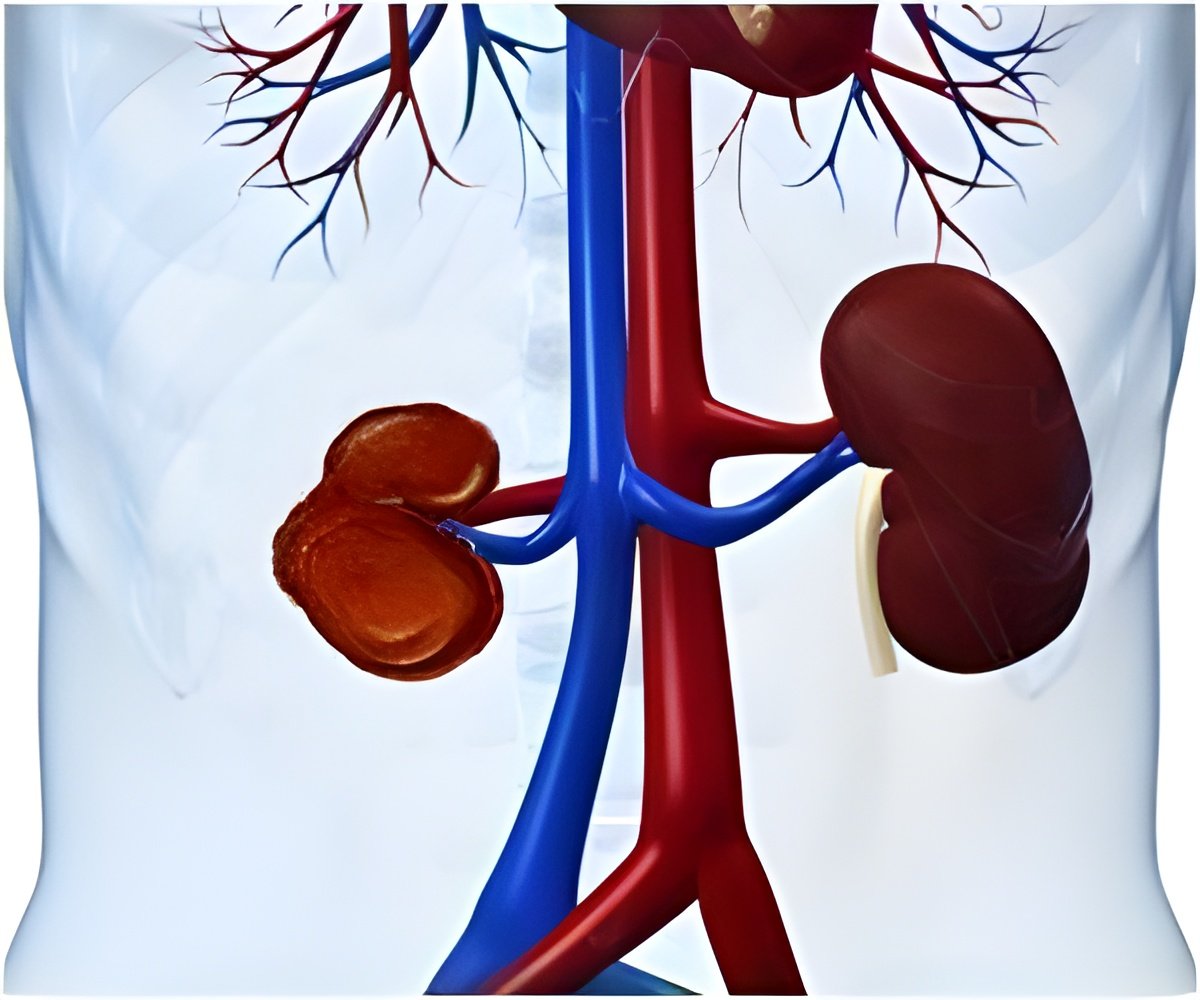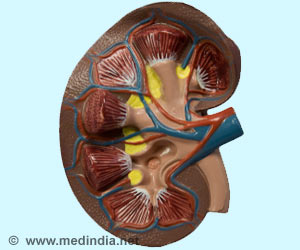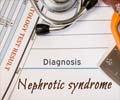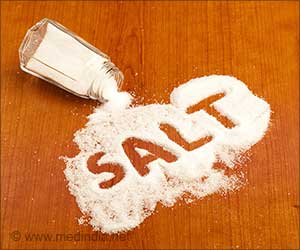
Josef Coresh, M.D., Ph.D., of the Johns Hopkins Bloomberg School of Public Health, Baltimore, and colleagues with the Chronic Kidney Disease Prognosis Consortium, examined the association of decline in estimated GFR with subsequent progression to end-stage renal disease (ESRD; initiation of dialysis or transplantation). The study included 1.7 million participants with 12,344 ESRD events and 223,944 deaths after repeated measurements of kidney function over a 1 to 3 year baseline period. Data collection took place between 1975 and 2011.
The researchers found that declines in estimated GFR smaller than a doubling of serum creatinine concentration were strongly and consistently associated with subsequent risk of ESRD. A doubling of serum creatinine, corresponding to a 57 percent decline in estimated GFR, was associated with a greater than 30-fold higher risk of ESRD. However, over a 1- to 3-year period, a doubling of serum creatinine concentration was present in less than 1 percent of participants. In contrast, a 30 percent decline in estimated GFR was nearly 10 times more common and was associated with an approximately 5-fold increased risk of ESRD.
"These data provide a basis for understanding the trade-off between higher risk and lower prevalence in choosing a larger or smaller percentage change in estimated GFR as an outcome when studying CKD progression," the authors write.
"A doubling of serum creatinine concentration has been accepted by the U.S. Food and Drug Administration as a surrogate end point for CKD progression in clinical trials since 1993. Adoption of a lesser decline in estimated GFR as an alternative end point for CKD progression has the potential to shorten duration of follow-up, reduce costs, and increase efficiency of clinical trials. Consistency of effects over time suggests applicability for shorter as well as for longer trials, which is relevant for diseases that are progressing more rapidly or slowly, respectively."
Source-Eurekalert















